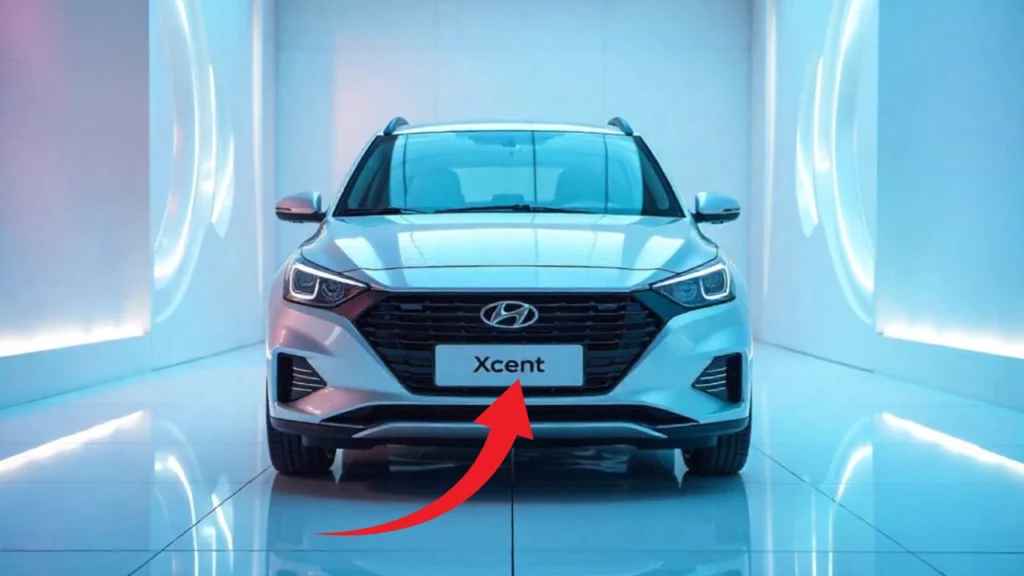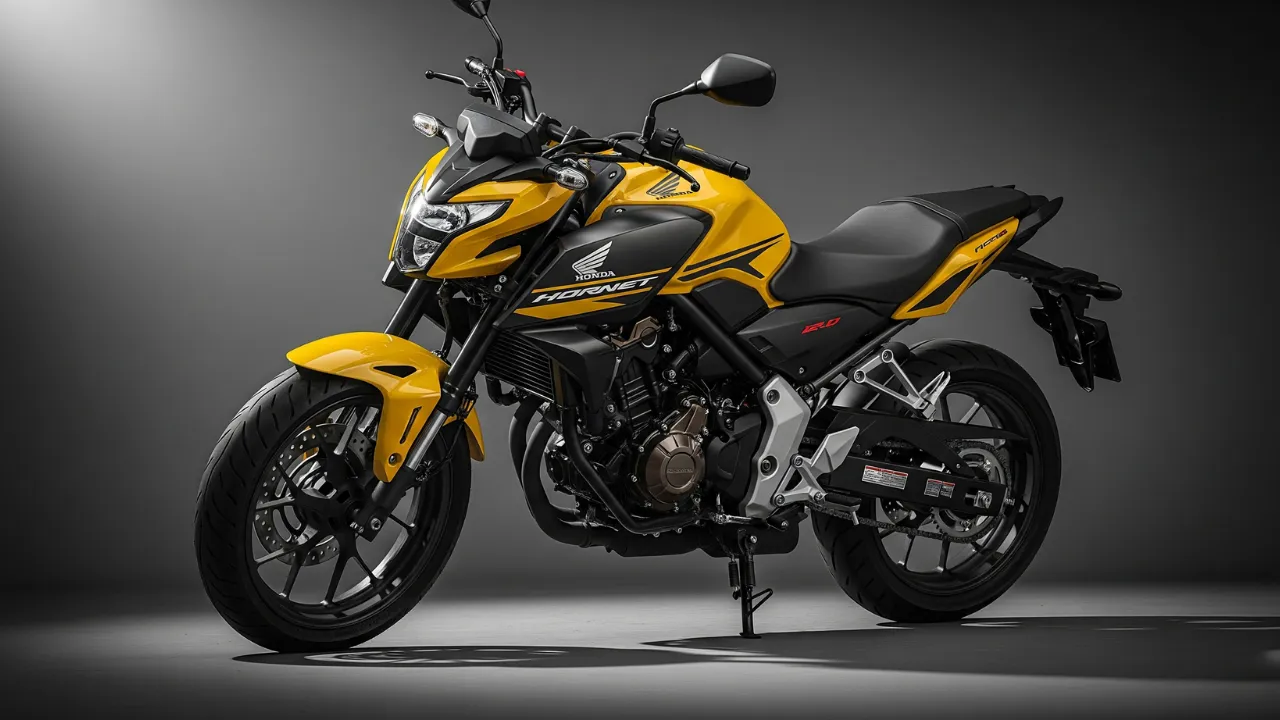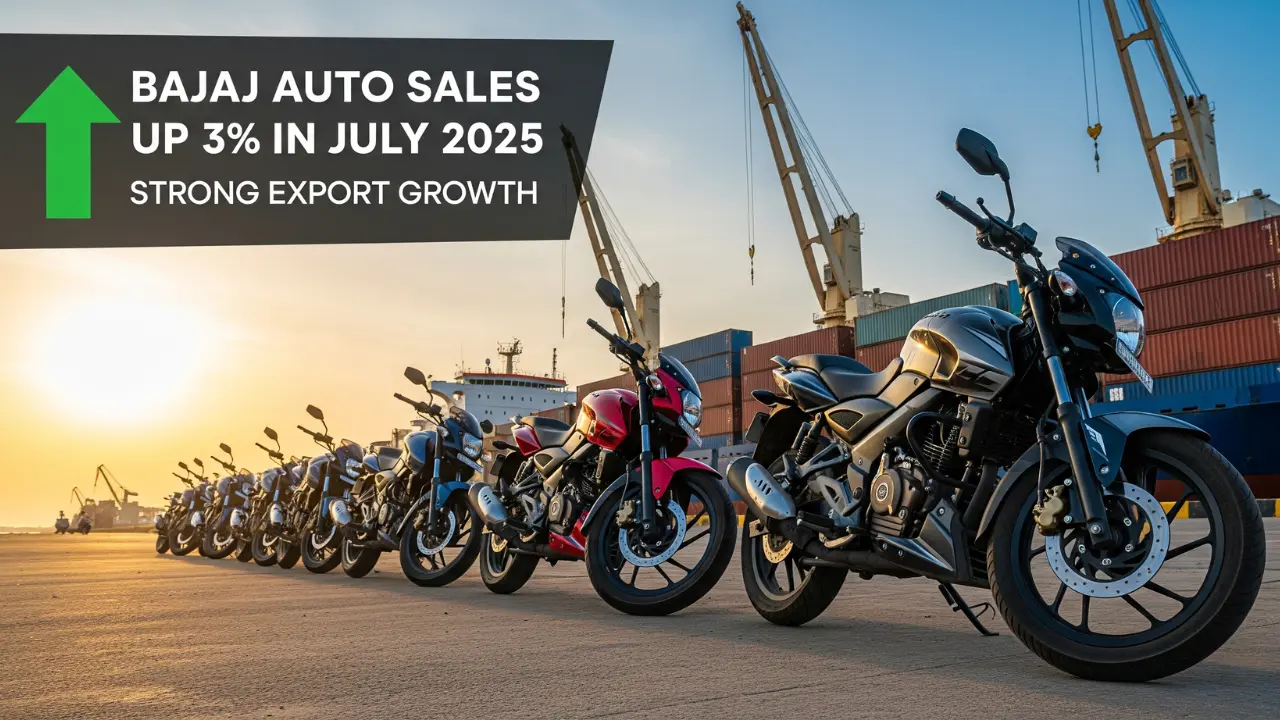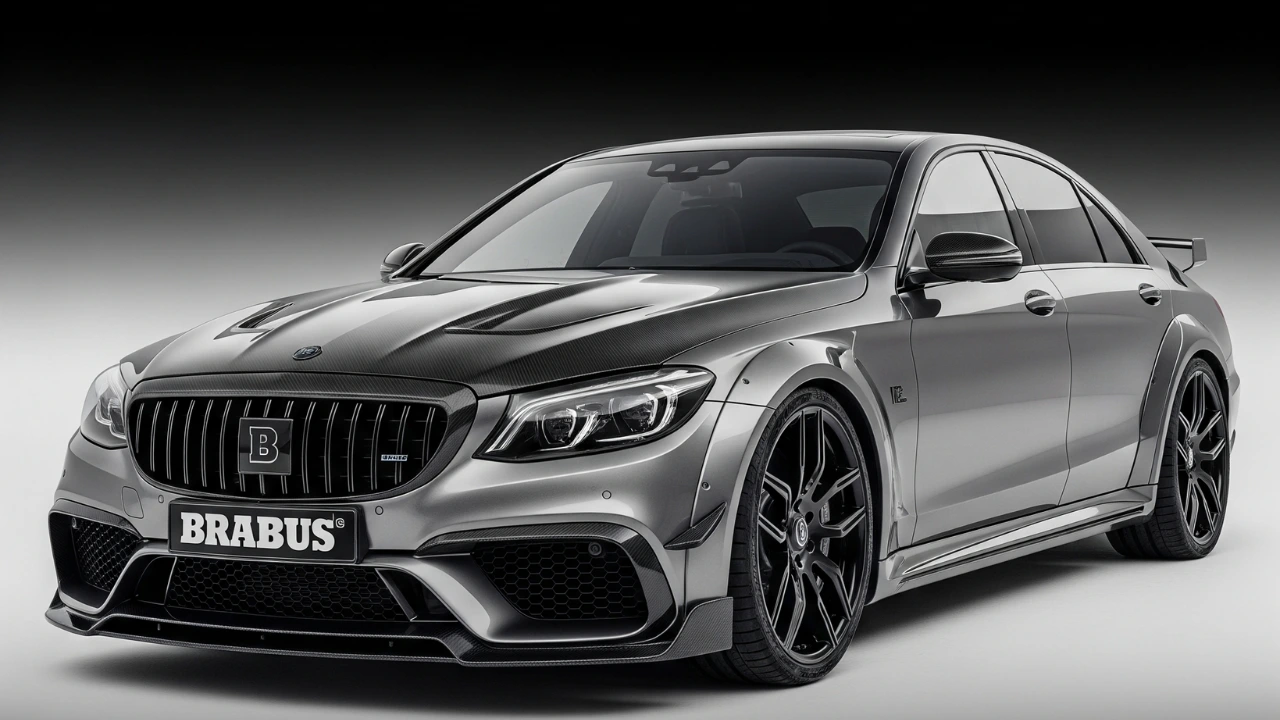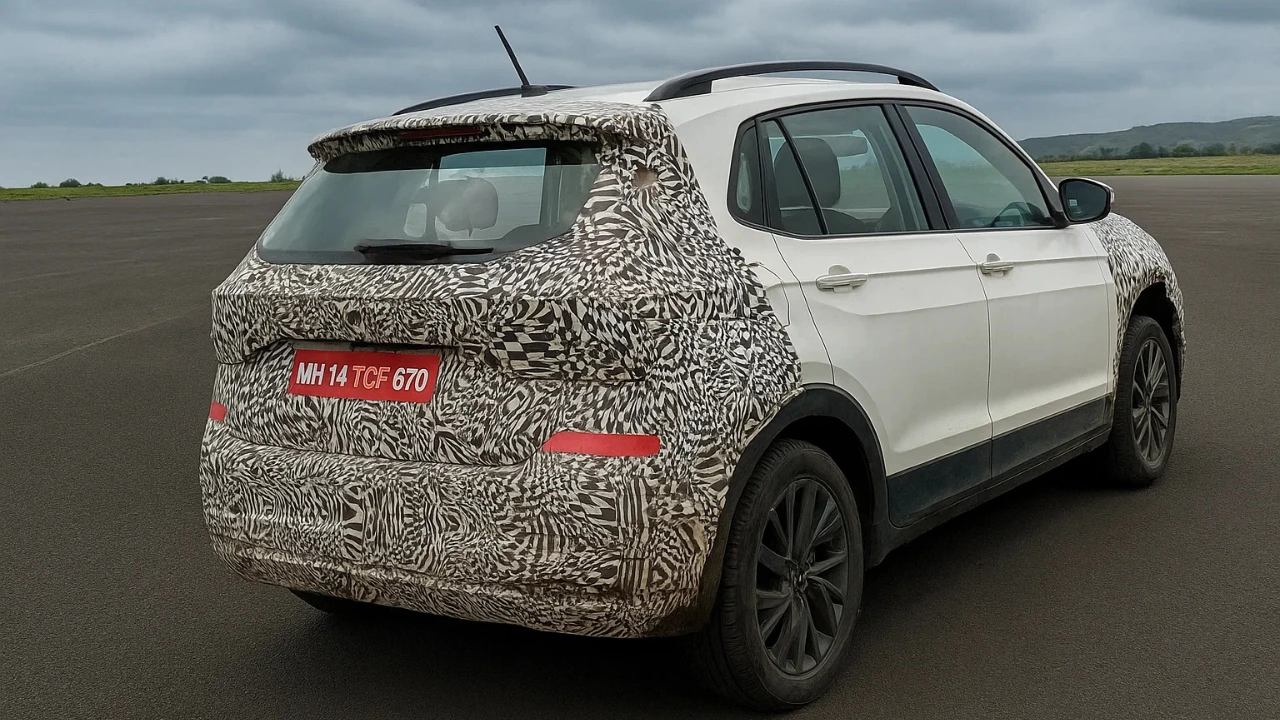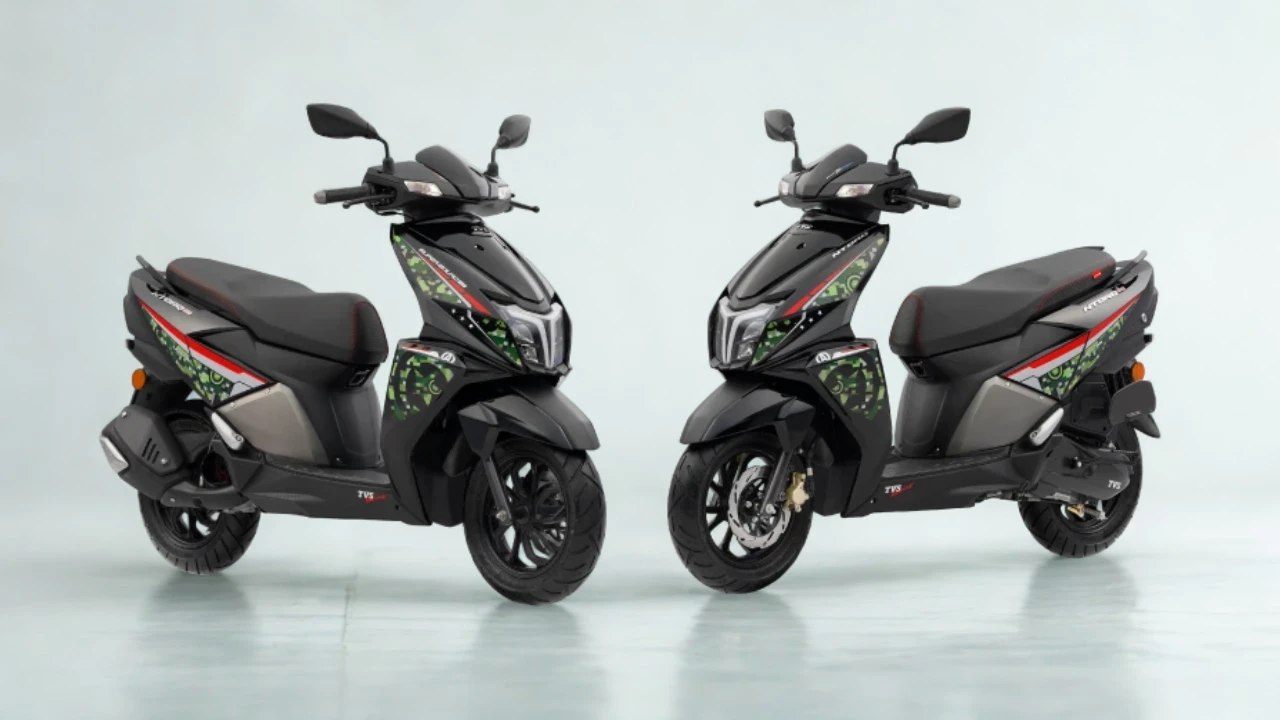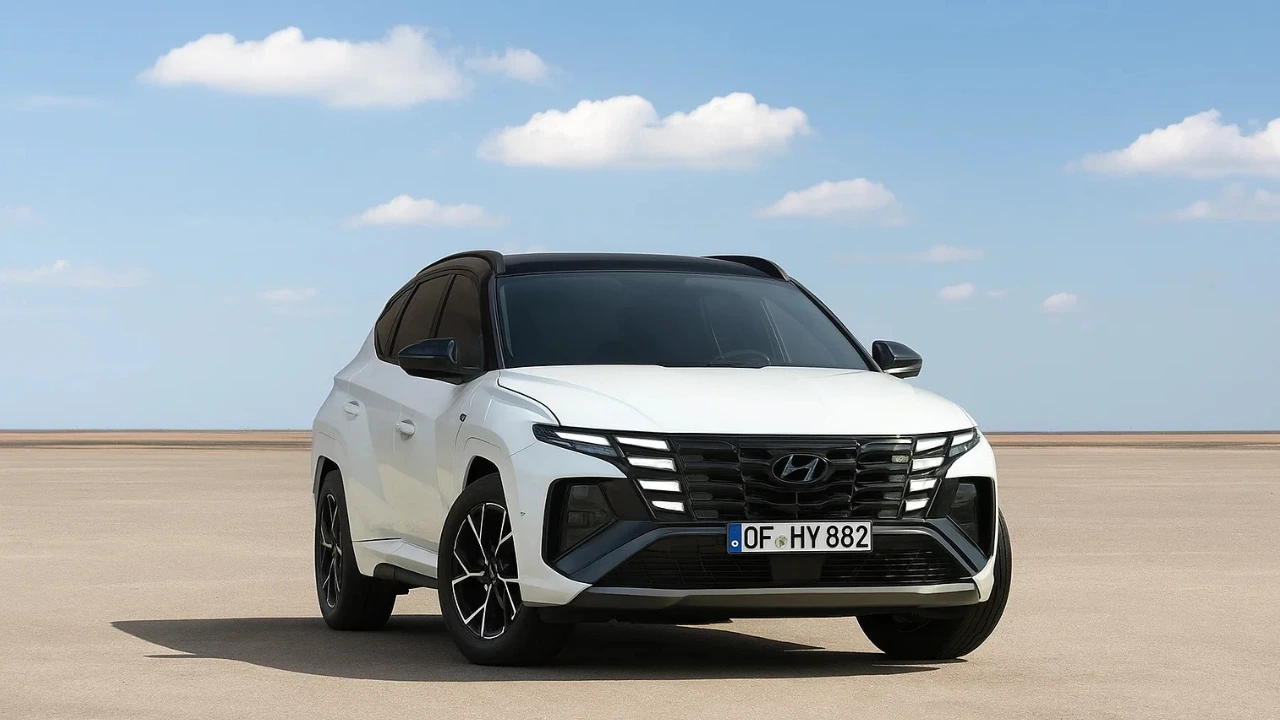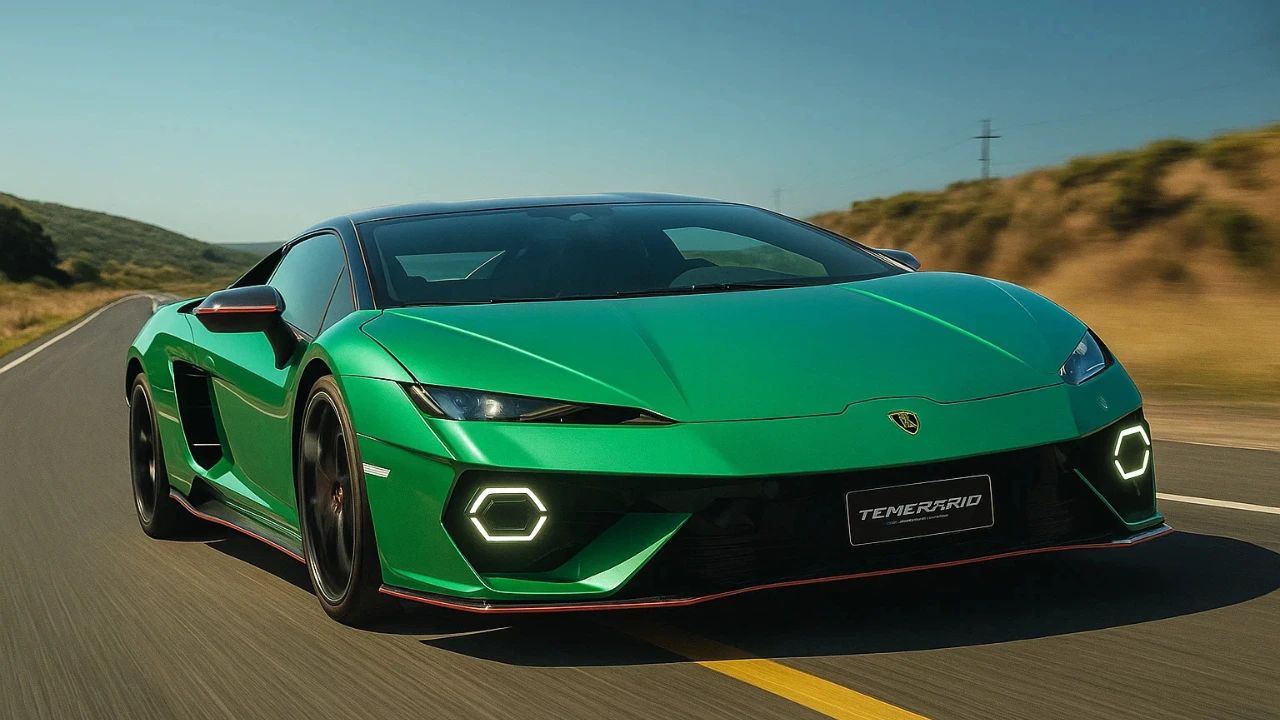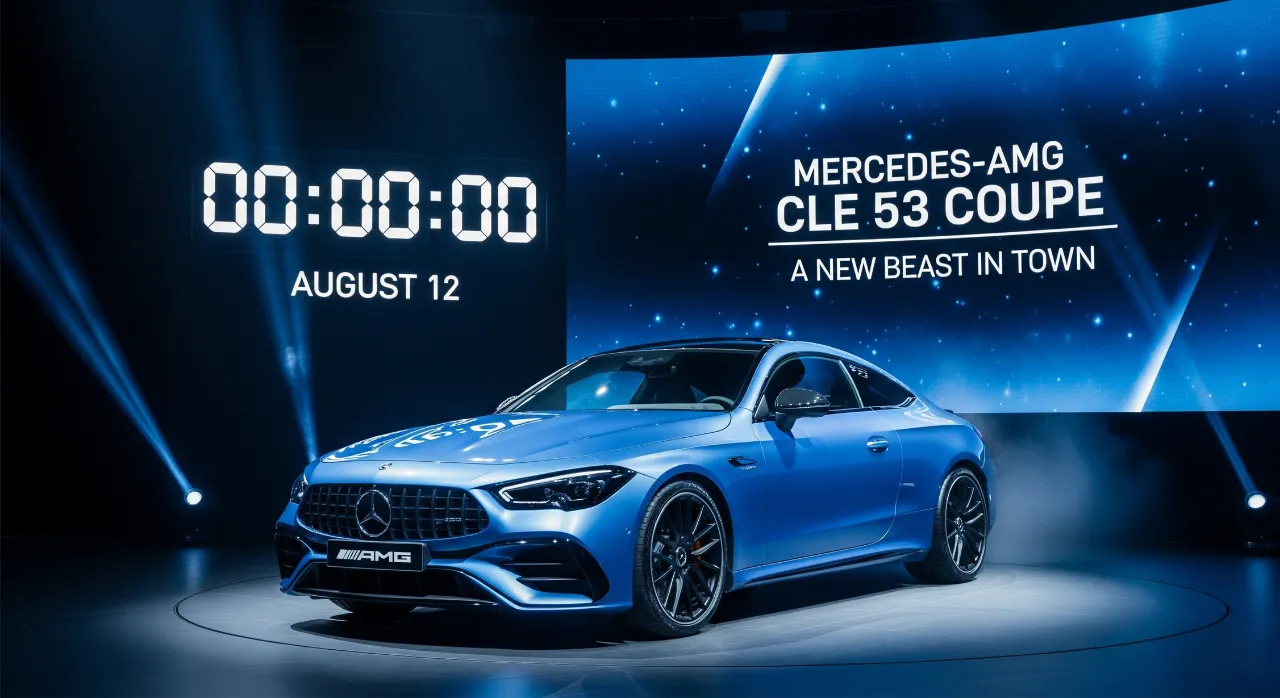Hyundai Xcent Returns to Indian Market After 5 Years
The compact sedan segment in India is going to welcome back a familiar nameplate as Hyundai is all set to relaunch the Xcent in 2025. After being discontinued in 2020 and replaced by the Aura, industry reports suggest Hyundai is going to bring back the Xcent with comprehensive upgrades across design, technology and performance.
The 2025 Xcent comeback is Hyundai’s renewed focus on the value conscious sedan market, targeting buyers who want space, efficiency and modern features within a competitive price bracket.
Hyundai Xcent Specifications
| Specification | Details |
|---|---|
| Expected Price | ₹7.50 – ₹11.50 lakh (ex-showroom) |
| Engine Options | 1.2L Petrol, 1.5L Diesel, 1.0L Turbo Petrol, 1.2L CNG |
| Power Output | 83 PS (Petrol), 99 PS (Diesel), 100 PS (Turbo) |
| Fuel Efficiency | 19.5 kmpl (Petrol), 25.5 kmpl (Diesel), 25.4 km/kg (CNG) |
| Transmission | 5-speed Manual, 5-speed AMT/CVT, 7-speed DCT |
| Length | 3,995mm (sub-4 meter) |
| Boot Space | 407 liters |
| Infotainment | 8-10.25 inch touchscreen with wireless connectivity |
| Safety | Up to 6 airbags, ABS with EBD, ESC, TPMS |
| Launch Timeline | Expected 2025 |
New Design Language Gives Exterior a Fresh Look
The 2025 Xcent gets Hyundai’s global design language, moving away from its conservative styling. The front fascia gets a wider cascade grille and sleeker LED headlamps for a premium road presence.
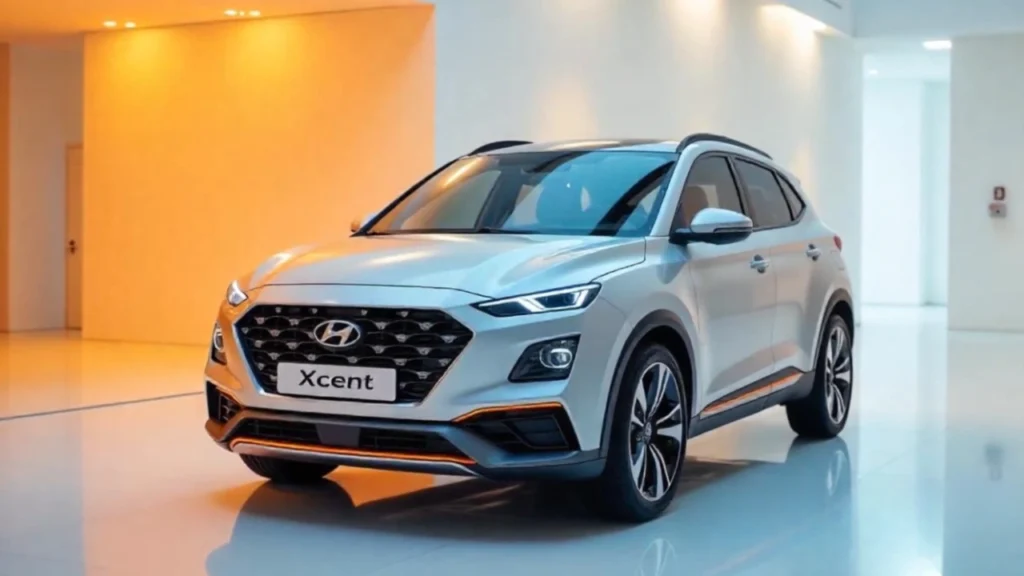
Notable exterior features:
- Connected LED taillights for wider look
- 15-inch diamond-cut alloy wheels on higher variants
- Redesigned bumpers with integrated fog lamp housings
- Six color options including Starry Night Blue and Sage Green
- Chrome accents on grille and trunk lid
The sub-4-meter dimensions mean tax benefits and the updated proportions deliver a more dynamic look.
Multiple Powertrain Options to Suit Everyone
Hyundai will offer the 2025 Xcent with 4 different powertrain options to cater to different customer needs and usage.
The 1.2 liter petrol engine produces 83 PS and 114 Nm of torque for daily commuters who want fuel efficiency with an expected mileage of 19.5 kmpl. For high mileage users the 1.5 liter diesel engine produces 99 PS and 240 Nm of torque and has a mileage of 25.5 kmpl.
Performance enthusiasts can opt for the 1.0 liter turbo petrol engine producing 100 PS and it will be available with manual and 7 speed DCT transmission. The CNG variant will be the last in the lineup for cost conscious buyers with 25.4 km/kg efficiency.
Also Read: Nissan Magnite CNG Now Available in India From ₹6.89 Lakh
Transmission options will be 5 speed manual, 5 speed AMT/CVT and 7 speed DCT depending on the engine variant.
Technology Integration at Par with Premium Segment
The cabin gets a host of upgrades with an 8-10.25 inch touchscreen infotainment system with wireless Android Auto and Apple CarPlay connectivity. Other tech features:
- Remote start via smartphone app or key fob
- Auto climate control with air purification
- Rear camera with dynamic guidelines
- Front and rear parking sensors
- Smart trunk opening
- Auto dimming rearview mirror
- Electrically adjustable ORVMs with LED indicators
The 407 liter boot space is one of the largest in the segment and rear AC vents for passenger comfort across all seats.
Safety Package Meets Modern Requirements
Hyundai has prioritised occupant safety with dual airbags as standard, expandable to six airbags on higher variants. The safety package includes ABS with EBD, Electronic Stability Control and Tire Pressure Monitoring System.
Additional safety features include ISOFIX child seat anchorages, high-strength steel body and comprehensive passive safety features that meet current crash test norms.
Competition Against Established Rivals
The expected ₹7.50-11.50 lakh price range puts the 2025 Xcent against the Maruti Suzuki Dzire and Honda Amaze. Hyundai’s strategy is to offer feature content and build quality to justify the pricing in this segment.
Also Read: New Bovensiepen Zagato Is the Most Beautiful BMW M4 Ever Made
The comeback is timed with the renewed interest in compact sedans as buyers look for practical alternatives to SUVs without compromising on space or efficiency benefits.
Market Impact and Launch Expectations
Industry experts see the Xcent revival as Hyundai’s response to the recovering sedan market, especially in Tier-2 and Tier-3 cities where sedans still have a strong demand. The multiple powertrain strategy caters to different regional fuel preferences and usage patterns.
Hyundai hasn’t officially confirmed the 2025 Xcent launch but with increasing speculations and feature reports, it’s clear they are seriously considering re-entering the market. Success will depend on pricing and differentiation from the existing Aura in Hyundai’s lineup.
The compact sedan segment has been growing steadily in the recent months with established players like Dzire still selling in good numbers. Hyundai’s Xcent comeback can change the segment dynamics if positioned correctly with good value and modern features.




